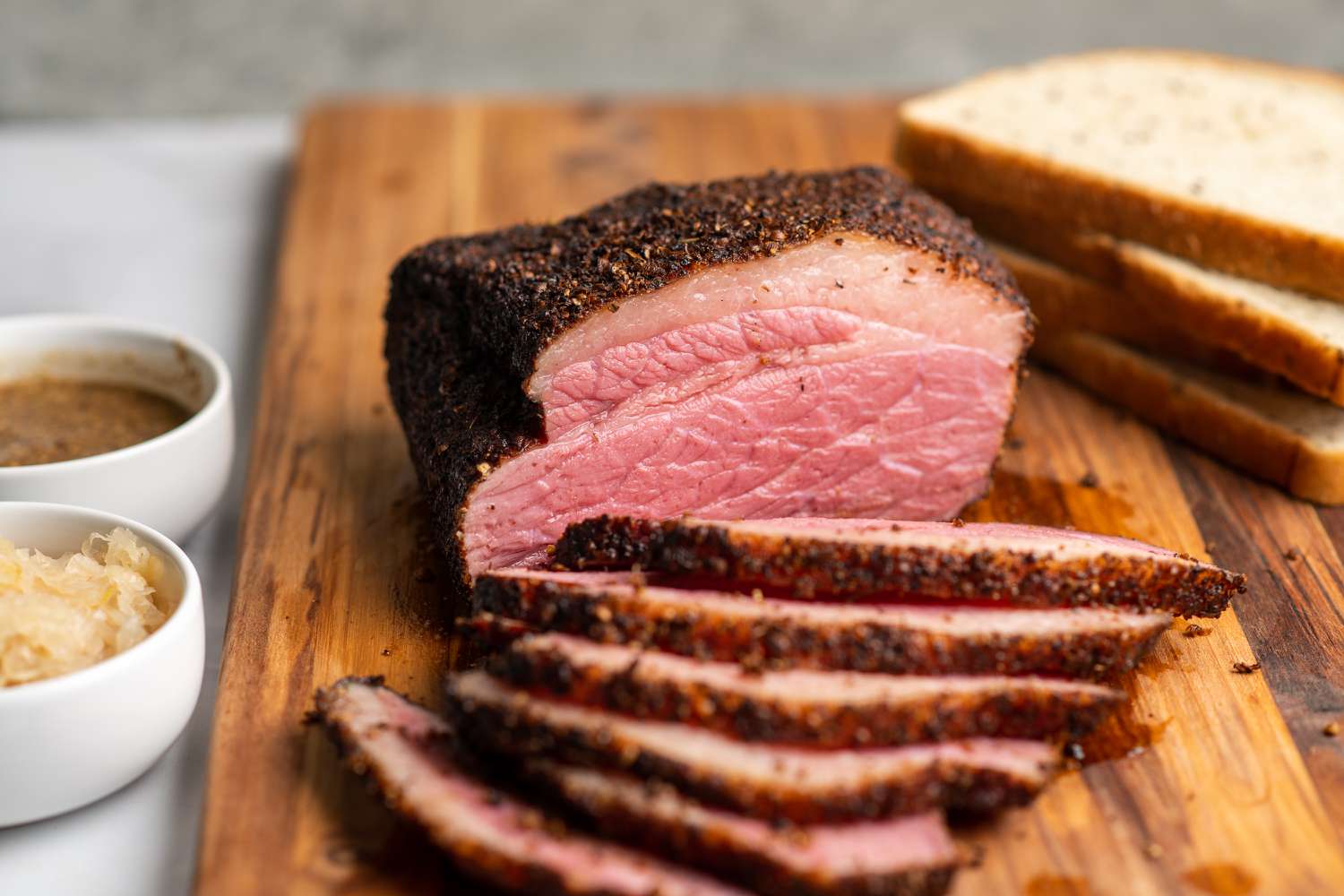

Articles
How To Store Corned Beef After Cooking
Modified: August 24, 2024
Looking for tips on how to store corned beef after cooking? Read our articles for expert advice and preserve the flavor of your delicious corned beef for days to come.
(Many of the links in this article redirect to a specific reviewed product. Your purchase of these products through affiliate links helps to generate commission for Storables.com, at no extra cost. Learn more)
Introduction
After cooking a delicious corned beef, it’s important to know how to store it properly to maintain its flavor, texture, and freshness. Whether you have leftovers from a St. Patrick’s Day feast or you simply want to make the most of this flavorful dish, proper storage techniques are essential.
Corned beef is a popular dish made from a cut of beef, typically brisket, that has been cured with salt and spices. It is often associated with Irish cuisine and is commonly enjoyed as a centerpiece during St. Patrick’s Day celebrations. However, corned beef is a dish enjoyed by many year-round due to its rich and savory taste.
Storing corned beef correctly prolongs its shelf life and preserves its quality, ensuring that you can enjoy it for future meals. In this article, we will guide you through the importance of proper storage, factors to consider, and the step-by-step process for storing your cooked corned beef.
So, whether you’re a corned beef aficionado looking to maximize your leftovers or a first-time cook wanting to store it properly, read on to discover the best techniques for storing your corned beef after cooking.
Key Takeaways:
- Properly storing cooked corned beef is crucial for maintaining its flavor, texture, and safety. Whether refrigerating or freezing, following recommended methods ensures freshness and minimizes food waste.
- Understanding warning signs of spoiled corned beef is essential for food safety. Foul odor, discoloration, and slimy texture are indicators to watch for, protecting against potential health risks.
Read more: How To Store Corn On The Cob After Cooking
Importance of Properly Storing Cooked Corned Beef
Properly storing cooked corned beef is crucial for several reasons. Firstly, it helps maintain the flavor and texture of the meat, ensuring that it tastes as delicious as it did when it was first cooked. Whether you plan to use the leftovers for sandwiches, salads, or other dishes, maintaining the quality of the meat is essential for an enjoyable culinary experience.
Secondly, storing corned beef correctly helps prevent spoilage and the growth of bacteria. Cooked meats are susceptible to bacteria growth if not handled and stored properly, which can lead to foodborne illnesses. By following appropriate storage techniques, you can significantly reduce the risk of contamination and keep your corned beef safe to eat.
Furthermore, proper storage allows you to enjoy corned beef for an extended period. Whether you have a large batch of corned beef or simply want to save leftovers for future meals, knowing how to store it properly ensures that you can savor the flavors for longer. This can be especially useful if you’re meal planning or looking for quick and easy options for future lunches or dinners.
Lastly, by properly storing corned beef, you can prevent food waste. It’s disheartening to throw away delicious food that could have been enjoyed for another meal or repurposed in different dishes. By knowing the right storage techniques, you can minimize food waste and make the most of your cooked corned beef.
Overall, properly storing cooked corned beef is essential for maintaining its flavor, preventing spoilage and foodborne illnesses, enjoying it for a longer period, and reducing food waste. By implementing the right storage techniques, you can ensure that your corned beef remains fresh, delicious, and safe to eat.
Factors to Consider Before Storing Corned Beef
Before you start storing your cooked corned beef, there are several factors to consider. Taking these factors into account will help ensure the best quality and safety of your stored corned beef. Here are the key factors to keep in mind:
1. Temperature: Temperature plays a crucial role in food storage. It is recommended to store cooked corned beef at a temperature below 40°F (4°C) to inhibit bacterial growth. Keeping the meat chilled helps maintain its freshness and extends its shelf life.
2. Packaging: Proper packaging is essential to protect your corned beef from moisture, air, and other contaminants. It is recommended to wrap the cooked corned beef tightly in plastic wrap or aluminum foil, or place it in an airtight container or zip-top bag. This helps prevent the meat from drying out and minimizes the risk of spoilage.
3. Timing: It’s important to refrigerate or freeze your cooked corned beef promptly after it has cooled down. Leaving the meat at room temperature for too long increases the risk of bacterial growth and spoilage. Aim to store the corned beef within two hours of it being cooked.
4. Portion Size: Consider the portion sizes you plan to use when storing corned beef. If you anticipate using smaller portions for sandwiches or salads, it’s helpful to divide the meat into individual servings before storing. This allows for convenient and easy access to the desired amounts when needed.
5. Storage Duration: Different storage methods have varying durations for optimal quality. If you plan to consume the corned beef within a few days, refrigeration is sufficient. However, if you intend to store the meat for an extended period, freezing is recommended to maintain its flavor and texture.
6. Quality: Consider the quality of the cooked corned beef before storing. If the meat is already nearing its expiration date or has been stored for a few days, it is advisable to consume it promptly rather than storing it further. Storing poor-quality meat may result in an undesirable taste and texture.
7. Labeling: Proper labeling is helpful for organizing stored food items. Labeling your stored corned beef with the date of storage allows you to track its freshness and avoid confusion later on.
By considering these factors before storing your cooked corned beef, you can ensure that it remains safe to consume and maintains its quality for longer periods.
Step-by-Step Guide: Storing Corned Beef After Cooking
Here is a step-by-step guide to help you store your cooked corned beef properly:
Step 1: Allow the Corned Beef to Cool: After cooking your corned beef, allow it to cool down to room temperature. This usually takes about 30 minutes to an hour. Cooling the meat before storing helps maintain its quality and prevents moisture buildup.
Step 2: Wrap the Corned Beef: Once the corned beef has cooled, wrap it tightly in plastic wrap or aluminum foil to protect it from air and moisture. Alternatively, you can place it in an airtight container or a zip-top bag.
Step 3: Refrigerate or Freeze: Depending on how soon you plan to consume the corned beef, you can choose to either refrigerate or freeze it.
If Refrigerating: Place the wrapped corned beef in the refrigerator. Ensure that the temperature is set below 40°F (4°C) to maintain its freshness. Refrigerated corned beef can typically be stored for up to 3-4 days while still maintaining its quality.
If Freezing: If you want to store the corned beef for a longer duration, freezing is the best option. Before freezing, ensure the meat is well wrapped to prevent freezer burn. If using foil or plastic wrap for wrapping, consider placing the wrapped meat in a freezer-safe bag for an extra layer of protection. Frozen corned beef can typically be stored for up to 3-4 months without sacrificing its flavor or texture.
Step 4: Label and Date: To keep track of the storage time, label the packaging with the date it was stored. This helps you know how long the corned beef has been stored and when it should be used by.
Step 5: Thawing Frozen Corned Beef: When you’re ready to use the frozen corned beef, it’s important to thaw it properly. The safest method is to transfer the wrapped meat to the refrigerator and allow it to thaw slowly overnight. Avoid thawing corned beef at room temperature, as this can promote bacterial growth.
Step 6: Use or Discard: Once the corned beef has been refrigerated or thawed, it’s important to consider its quality. If the meat appears slimy, has an off smell, or shows signs of spoilage, discard it immediately. Good quality corned beef can be used in various recipes or enjoyed on its own.
By following these step-by-step instructions, you can ensure that your cooked corned beef remains fresh, safe to eat, and ready for future meals.
Recommended Storage Methods for Corned Beef
When it comes to storing corned beef, there are several recommended methods depending on your desired duration of storage. Here are the recommended storage methods for corned beef:
1. Refrigeration: Refrigeration is the most common and convenient method for short-term storage of cooked corned beef. Wrap the corned beef tightly in plastic wrap or aluminum foil and place it in the refrigerator. The temperature should be set below 40°F (4°C) to keep the meat fresh. Refrigerated corned beef can typically be stored for 3-4 days while maintaining its quality.
2. Freezing: Freezing is the ideal method for long-term storage of corned beef. Properly wrap the corned beef in plastic wrap, aluminum foil, or place it in airtight containers or freezer-safe bags. This helps prevent freezer burn and maintain the quality of the meat. Frozen corned beef can typically be stored for 3-4 months without significant loss of flavor or texture.
3. Sliced and Vacuum-Sealed: If you plan to store sliced corned beef, consider vacuum-sealing the slices before refrigerating or freezing. Vacuum-sealing removes air, which reduces the risk of freezer burn and extends the shelf life of the meat. This method is especially useful if you want to have individual portions readily available for sandwiches or salads.
4. Canning: Canning is another method you can explore for storing corned beef. The meat is cooked, packed into canning jars along with some of its juices or brine, and then processed in a pressure canner. This method provides long-term storage and can preserve the flavor and texture of the corned beef for an extended period.
5. Pickling: If you want to preserve the corned beef in a different form, pickling is an option worth considering. You can slice the cooked corned beef and immerse it in a pickling solution made from vinegar, spices, and sugar. This pickled corned beef can be stored in the refrigerator and used in various dishes and sandwiches.
6. Repurposing: Instead of storing the whole cooked corned beef, you can repurpose the leftovers into different dishes. Shred the corned beef and use it in stews, casseroles, or sandwiches. This prevents waste and provides a range of flavorful meals using the corned beef.
Remember to always use clean and sanitized containers or packaging materials when storing corned beef. Make sure to label and date the packages to keep track of their storage time. Additionally, proper thawing methods should be followed before using frozen corned beef to ensure safe consumption.
By employing these recommended storage methods, you can extend the shelf life of your corned beef and enjoy its delicious flavors for future meals.
After cooking, let the corned beef cool to room temperature, then store it in an airtight container in the refrigerator. It can last for 3-4 days.
Read more: How To Store Corn After Harvest
Tips for Long-Term Storage
If you’re planning to store corned beef for an extended period, especially through long-term freezing, here are some helpful tips to ensure optimal storage conditions:
1. Wrap it Properly: When freezing corned beef, it’s important to wrap it tightly to prevent freezer burn. Use plastic wrap or aluminum foil to tightly cover the meat, or place it in an airtight container or freezer-safe bag. This helps to maintain its quality and protect it from moisture and air exposure.
2. Remove Excess Air: When using plastic wrap or bags, try to remove as much air as possible before sealing. Excess air can cause freezer burn and deteriorate the quality of the corned beef. Consider using vacuum-sealing techniques for even better results and prolonged freshness.
3. Portion it Out: Divide the corned beef into smaller portions before freezing. This allows you to thaw only what you need, reducing waste and ensuring that the remaining portions stay frozen and fresh. Portioning also makes it easier to defrost smaller amounts when required.
4. Label and Date: Proper labeling is essential for long-term storage. Label each package with the date of storage, as well as any specific details such as portion sizes or special flavors. This will help you keep track of the oldest meat and avoid confusion when selecting what to use.
5. Store in Flat Packages: When freezing corned beef, consider storing it in flat packages. This allows it to freeze and thaw more quickly and evenly. Flat packages also take up less space in the freezer, making it easier to organize and maximize storage capacity.
6. Maintain Consistent Temperature: Keep your freezer temperature consistent to ensure optimal storage conditions for the frozen corned beef. Fluctuating temperatures can affect the quality of the meat and lead to freezer burn. Regularly monitor and maintain the freezer temperature below 0°F (-18°C) to preserve the corned beef’s flavor and texture.
7. Rotate and Use the Oldest First: If you have multiple packages of frozen corned beef, use the oldest ones first. This helps prevent freezer burn and ensures that none of the packages go to waste due to prolonged storage. Implement a “first in, first out” approach to maximize the quality of your stored corned beef.
8. Keep an Inventory: Consider keeping an inventory of what you have stored and its location in the freezer. This will help you stay organized and easily find the corned beef when needed. It can also prevent unnecessary thawing and refreezing of packages searching for specific portions.
By following these tips, you can prolong the storage life of your corned beef and maintain its optimal quality for long-term enjoyment. Whether you’re stocking up on corned beef or preserving leftovers, these strategies will help ensure that your meat is well-preserved and ready for future meals.
Warning Signs of Spoiled Corned Beef
It is important to know the warning signs of spoiled corned beef to ensure your safety and avoid consuming meat that may cause foodborne illnesses. Here are some common warning signs to look out for:
1. Foul Odor: One of the most noticeable signs of spoiled corned beef is a strong, unpleasant odor. If the corned beef emits a foul or rancid smell, it is likely spoiled and should not be consumed.
2. Discoloration: Take note of any changes in the color of the corned beef. If you observe significant discoloration, such as a green or grayish hue, it may indicate spoilage and bacterial growth.
3. Slimy Texture: Healthy corned beef should have a firm and slightly moist texture. If the meat feels excessively slimy or sticky to the touch, it is a sign of spoilage and should be discarded.
4. Mold Growth: Check for the presence of mold on the surface of the corned beef. While a small amount of mold can sometimes be cut away, extensive mold growth indicates that the meat is no longer safe to consume.
5. Unpleasant Taste: If you notice an off or unpleasant taste when consuming the corned beef, stop eating it immediately. A spoiled or rancid flavor is a clear indication that the meat is no longer suitable for consumption.
6. Excessive Gas or Bloating: Consuming spoiled corned beef can lead to digestive issues such as excessive gas or bloating. If you experience any discomfort or unusual symptoms after eating corned beef, it may indicate that it was spoiled.
7. Expiration Date: Always check the expiration date of the corned beef before consuming it. If the meat is past its expiration date, it is safer to discard it rather than risk consuming spoiled meat.
8. Proper Storage: If the corned beef was improperly stored, such as being left at room temperature for an extended period, it is more likely to spoil. Always follow proper storage guidelines to minimize the risk of spoilage.
It is important to trust your senses and err on the side of caution when it comes to spoiled corned beef. If you observe any of these warning signs or have doubts about the safety or quality of the meat, it is best to discard it to avoid potential health risks.
Remember, food safety is paramount, and consuming spoiled corned beef can lead to foodborne illnesses. By being aware of these warning signs, you can protect yourself and others from consuming compromised meat.
Frequently Asked Questions (FAQs)
Q1: Can I store corned beef at room temperature?
A1: It is not recommended to store cooked corned beef at room temperature for an extended period. Room temperature provides an ideal environment for bacterial growth, which can lead to foodborne illnesses. It is best to refrigerate or freeze corned beef promptly after cooking.
Q2: Can I refreeze corned beef after it has been thawed?
A2: It is generally safe to refreeze corned beef once it has been thawed, as long as it was thawed properly in the refrigerator. However, it is important to note that each time you freeze and thaw meat, it may affect the quality. To preserve the best flavor and texture, try to use the corned beef within a reasonable timeframe after thawing.
Q3: Can I store corned beef with the brine?
A3: It is generally recommended to remove the corned beef from the brine before storage. The brine is high in salt content and can affect the texture and flavors if the meat is stored in it for an extended period. It is best to wrap the cooked corned beef tight and store it separately from the brine.
Q4: How long can I store cooked corned beef in the refrigerator?
A4: Cooked corned beef can typically be stored in the refrigerator for about 3-4 days while still maintaining its quality. It is important to ensure that the refrigerator temperature is set below 40°F (4°C) to prevent bacterial growth. If you don’t plan to consume the meat within this timeframe, it is advisable to freeze it for longer storage.
Q5: Can I freeze corned beef that has already been frozen?
A5: It is generally safe to freeze corned beef that has been cooked and previously frozen, as long as it was thawed properly in the refrigerator. However, keep in mind that repeated freezing and thawing may affect the quality of the meat. It is best to use the corned beef within a reasonable timeframe after thawing to maintain its flavor and texture.
Q6: Can I store corned beef in the can it came in?
A6: It is not recommended to store corned beef in the can it came in once it has been opened. The metal can may affect the taste and quality of the meat, and it is not suitable for long-term storage. Transfer the cooked corned beef to airtight containers or wrap it tightly in plastic wrap or aluminum foil before refrigerating or freezing.
These FAQs provide general guidance on storing corned beef. For specific questions or concerns, it is always best to consult food safety guidelines or consult with a healthcare professional.
Conclusion
Properly storing cooked corned beef is essential for maintaining its flavor, texture, and safety. Whether you have leftovers from a St. Patrick’s Day feast or you simply want to make the most out of this delicious dish, following the recommended storage methods will ensure that your corned beef remains fresh and ready for future meals.
By considering factors such as temperature, packaging, timing, and portion size, you can effectively store your cooked corned beef. Whether you choose to refrigerate or freeze the meat, proper wrapping and labeling will help preserve its quality and prevent food waste. Additionally, being aware of the warning signs of spoiled corned beef is crucial for your health and well-being.
Remember, refrigerated corned beef can typically be stored for 3-4 days, while frozen corned beef can last for 3-4 months without significant loss of flavor or texture. Properly stored corned beef can also be repurposed in various recipes, minimizing waste and providing delicious meals for days to come.
By following the step-by-step guide, implementing recommended storage methods, and adhering to proper food safety practices, you can enjoy your cooked corned beef for longer periods and reduce the risk of consuming spoiled meat.
So, whether you’re a seasoned corned beef lover or a curious cook trying it for the first time, remember the importance of proper storage to maximize the enjoyment and safety of this flavorful dish. Store your corned beef with care, and savor the mouthwatering flavors whenever you crave a taste of this beloved classic.
Now that you've mastered storing corned beef, why not perfect your skills in keeping all sorts of foods fresh? Our guide on the best food storage solutions offers invaluable tips for maximizing shelf life and maintaining taste. Whether you're looking to overhaul your pantry or just tweak your food preservation strategy, this article provides practical advice that'll make life easier and your meals tastier. Don’t miss out on these essential insights!
Frequently Asked Questions about How To Store Corned Beef After Cooking
Was this page helpful?
At Storables.com, we guarantee accurate and reliable information. Our content, validated by Expert Board Contributors, is crafted following stringent Editorial Policies. We're committed to providing you with well-researched, expert-backed insights for all your informational needs.
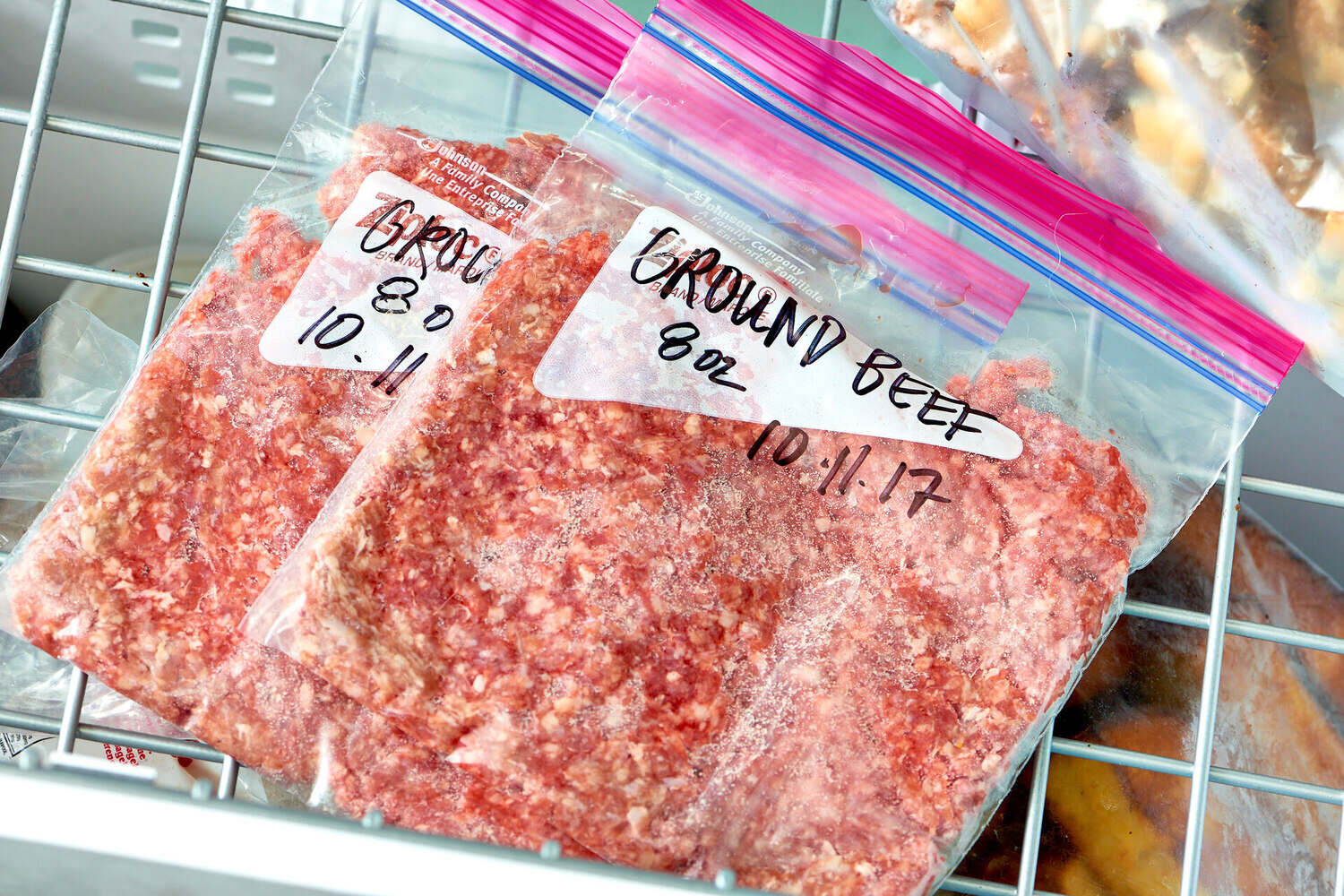

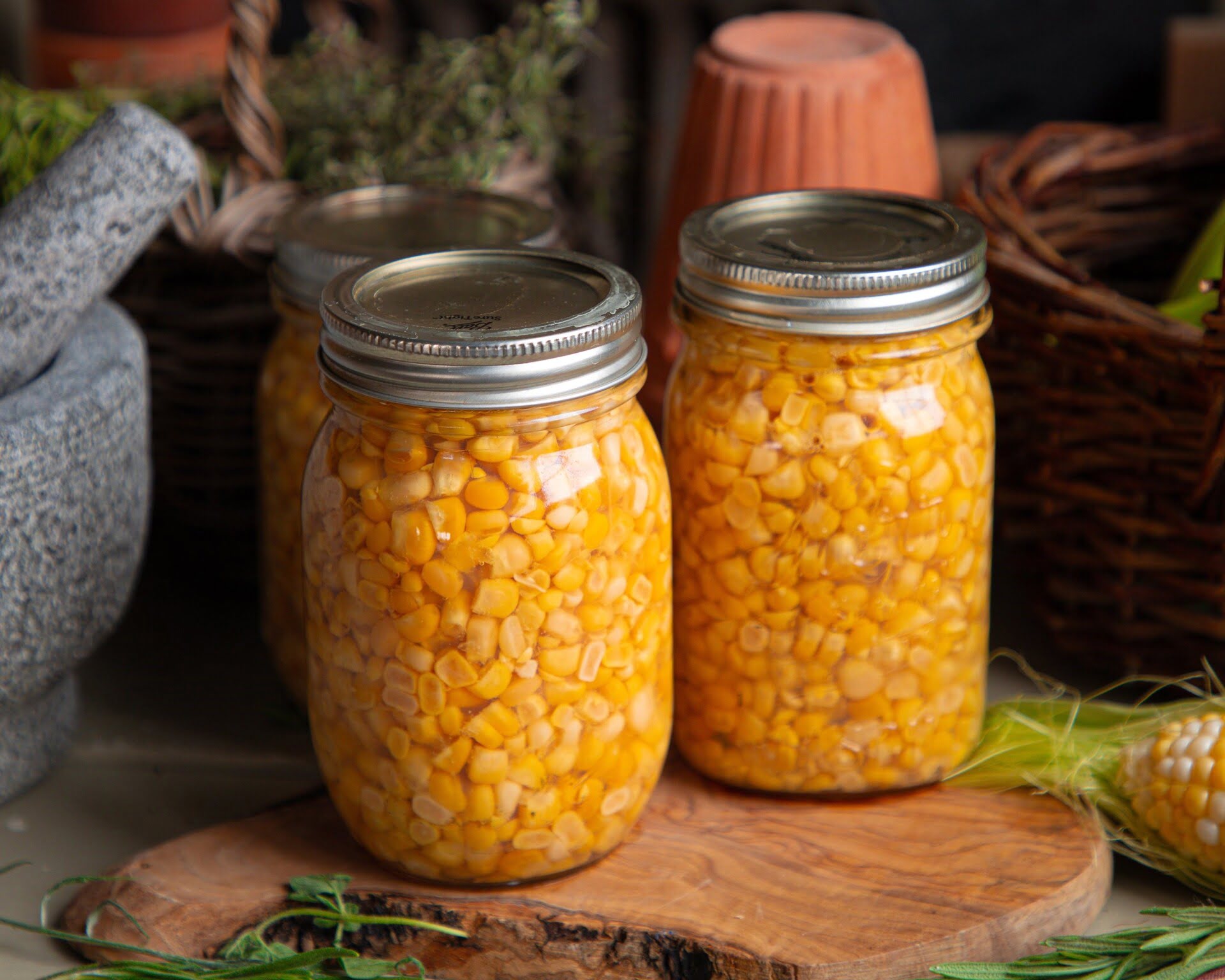
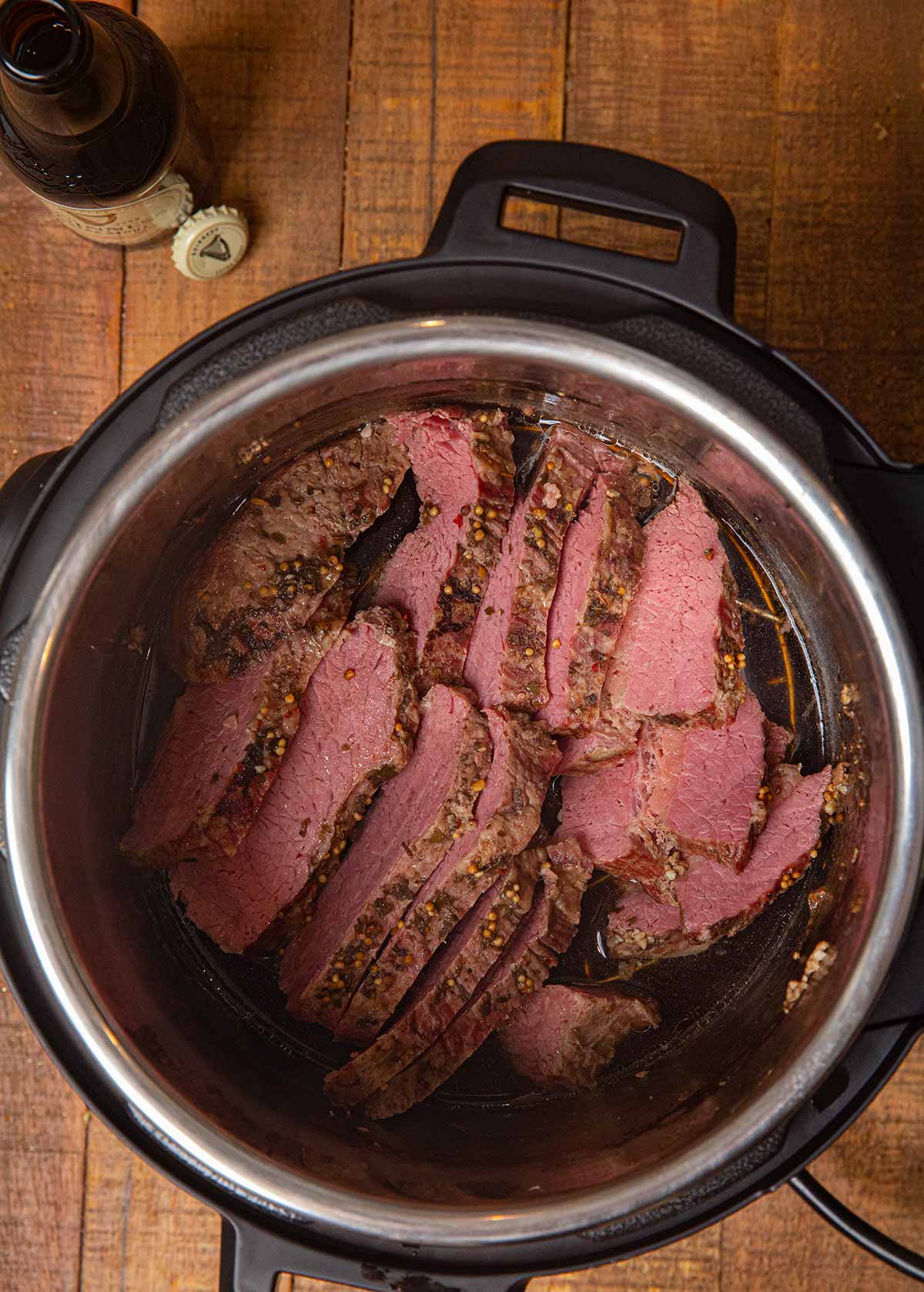
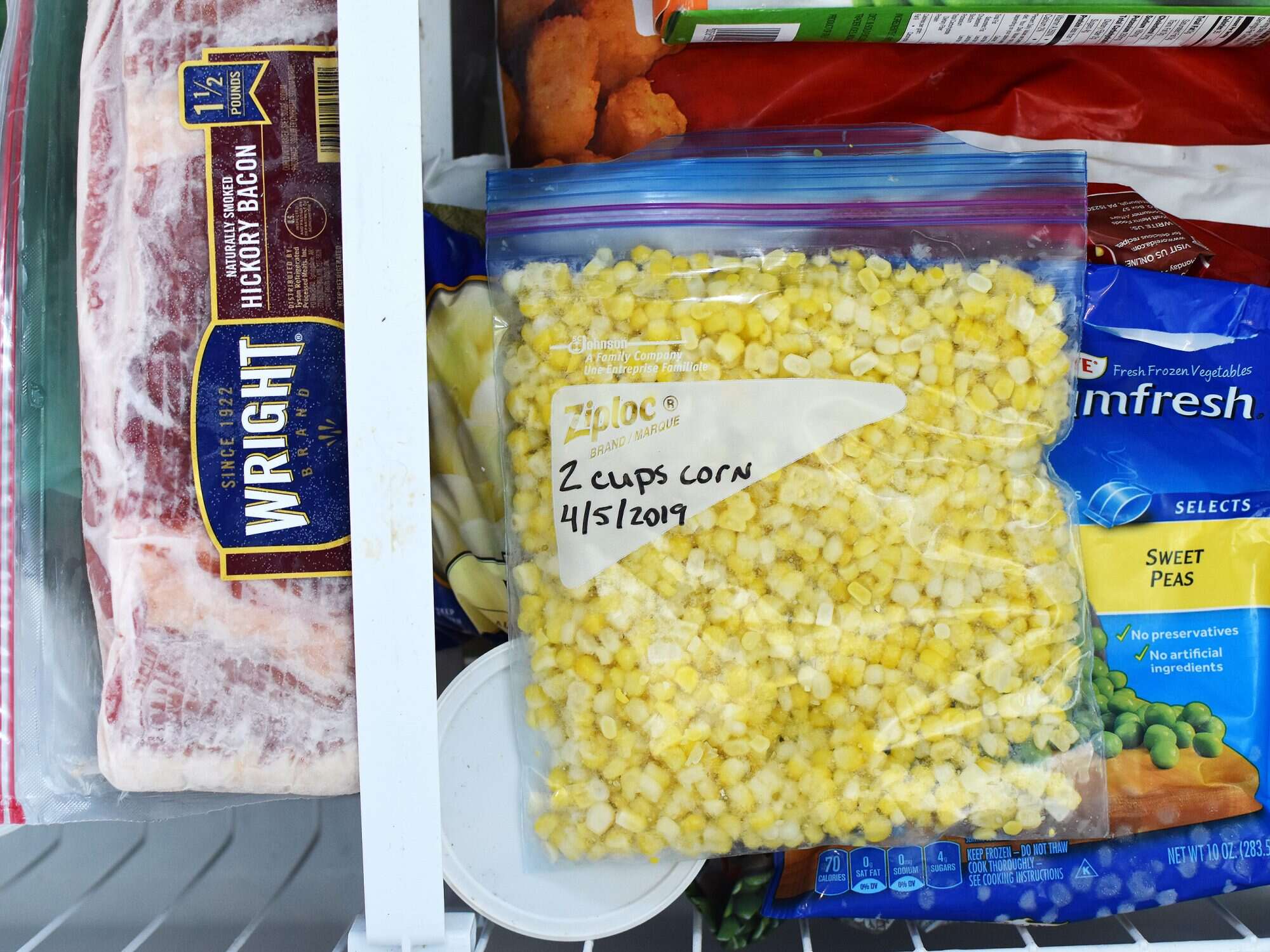
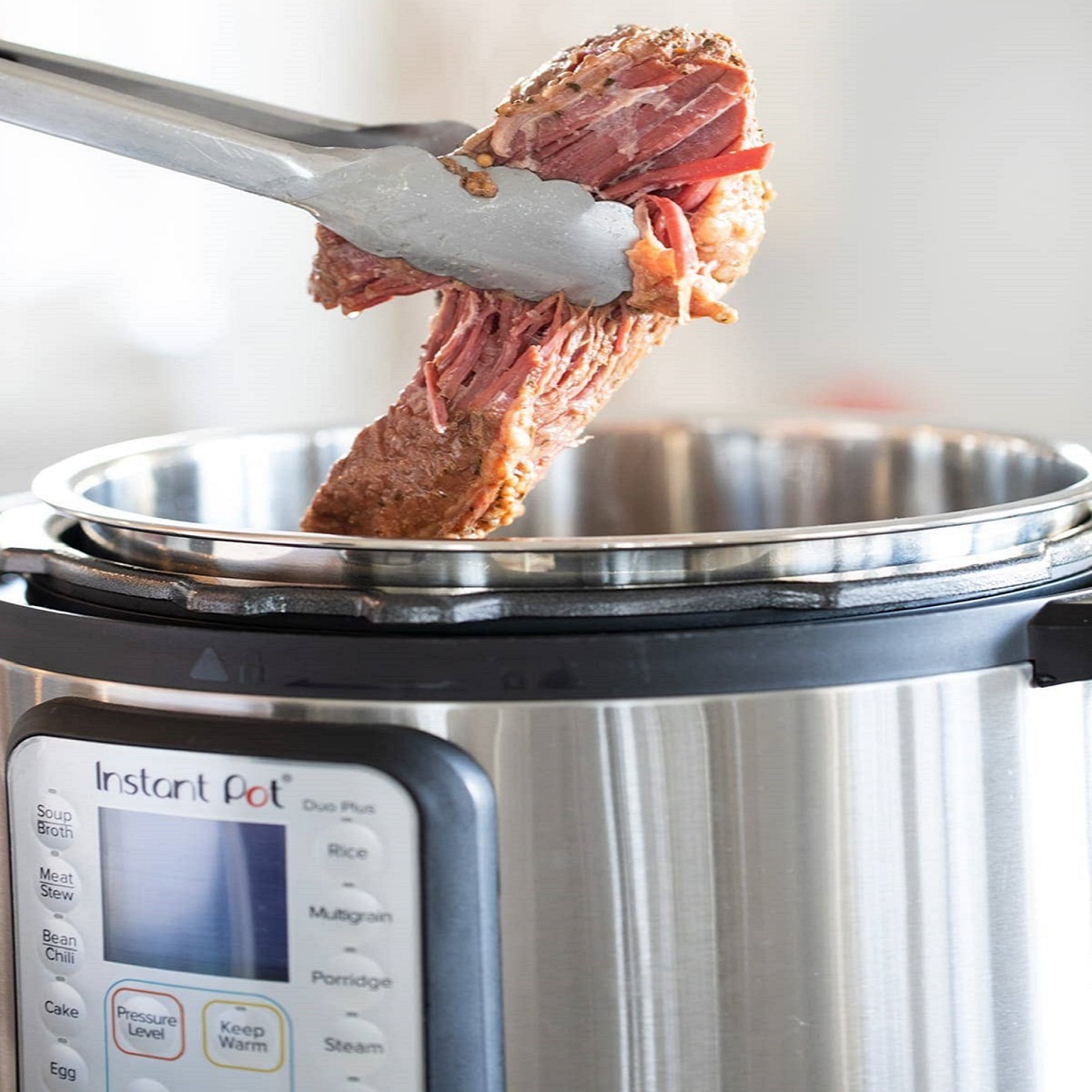
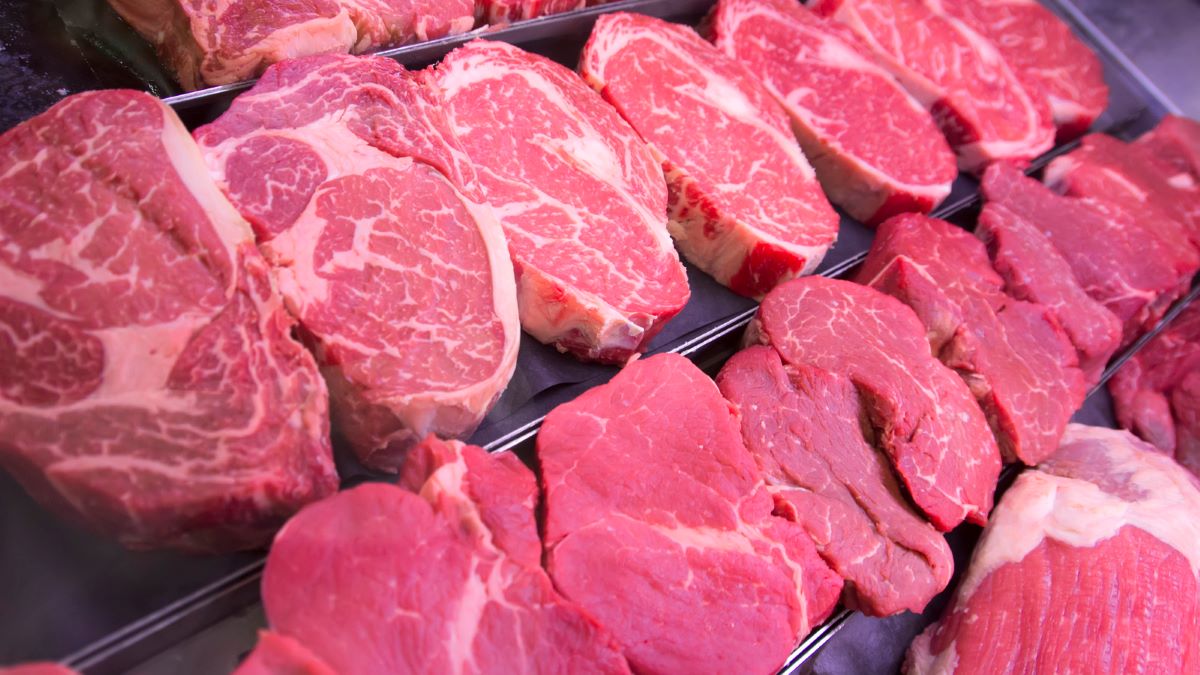
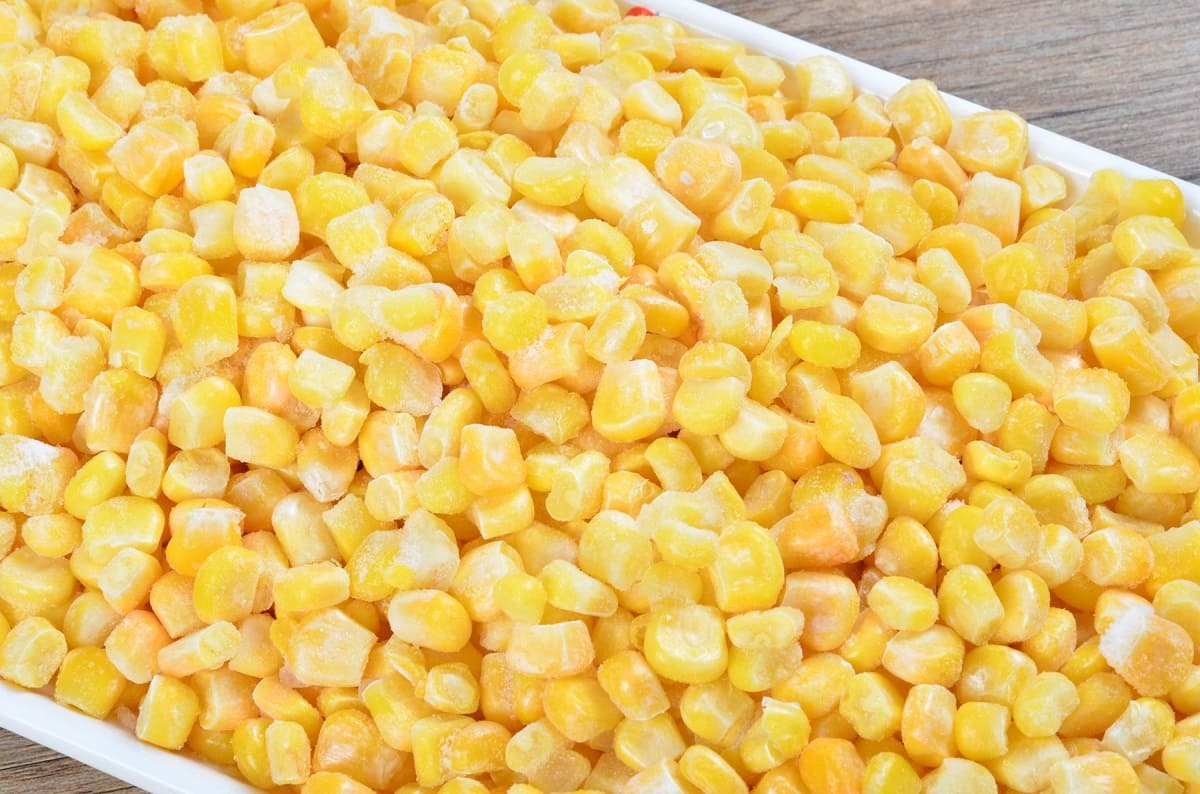
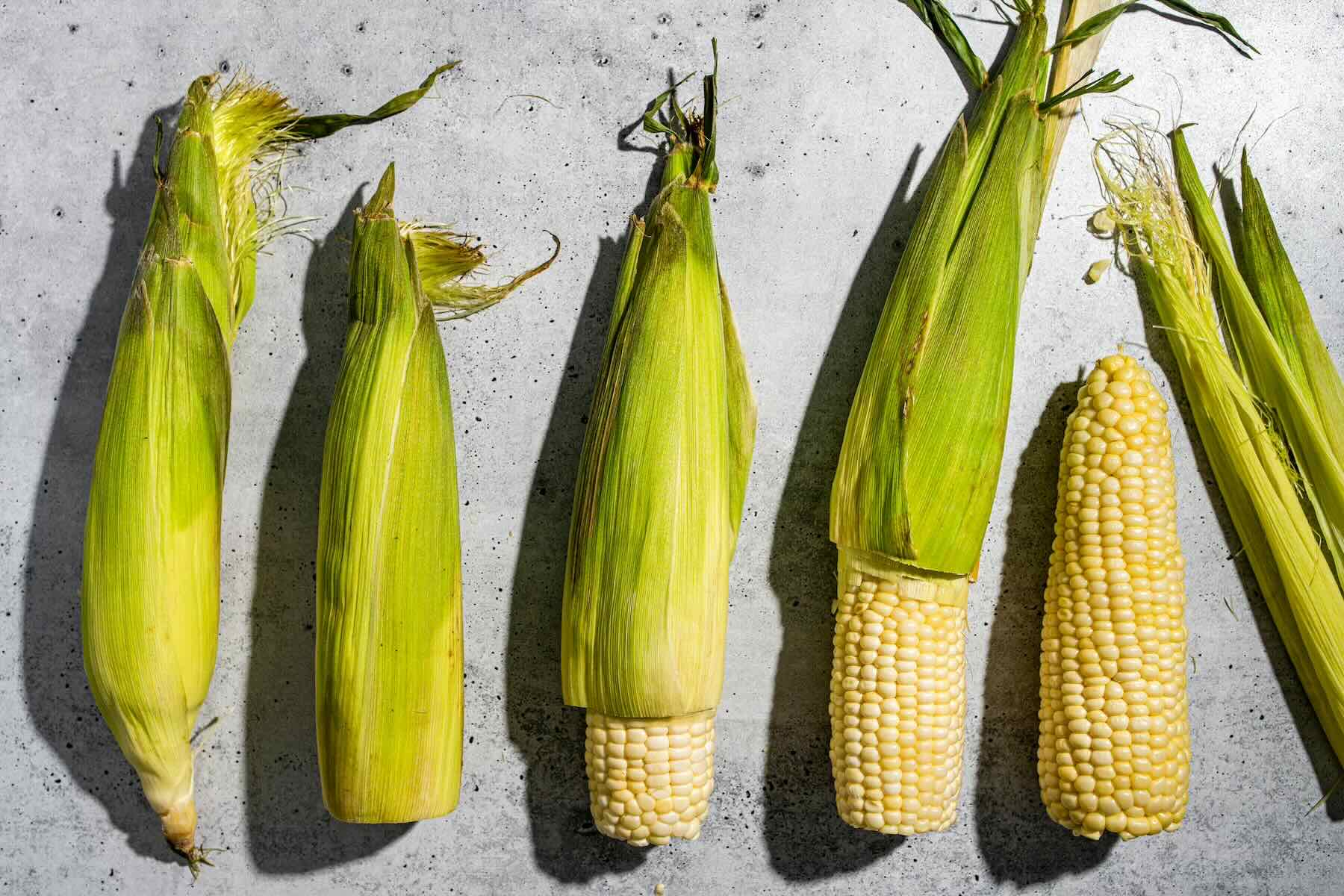
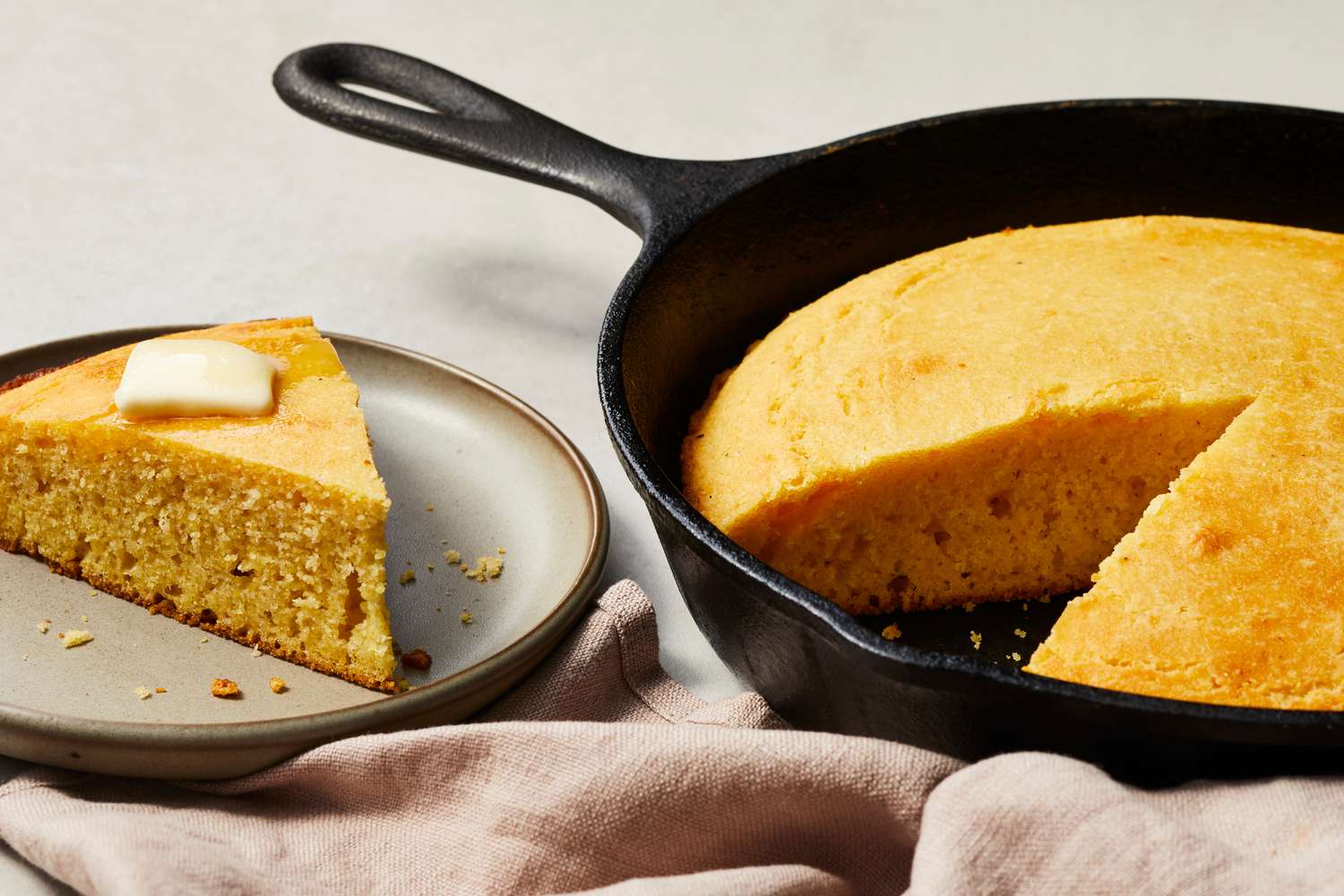
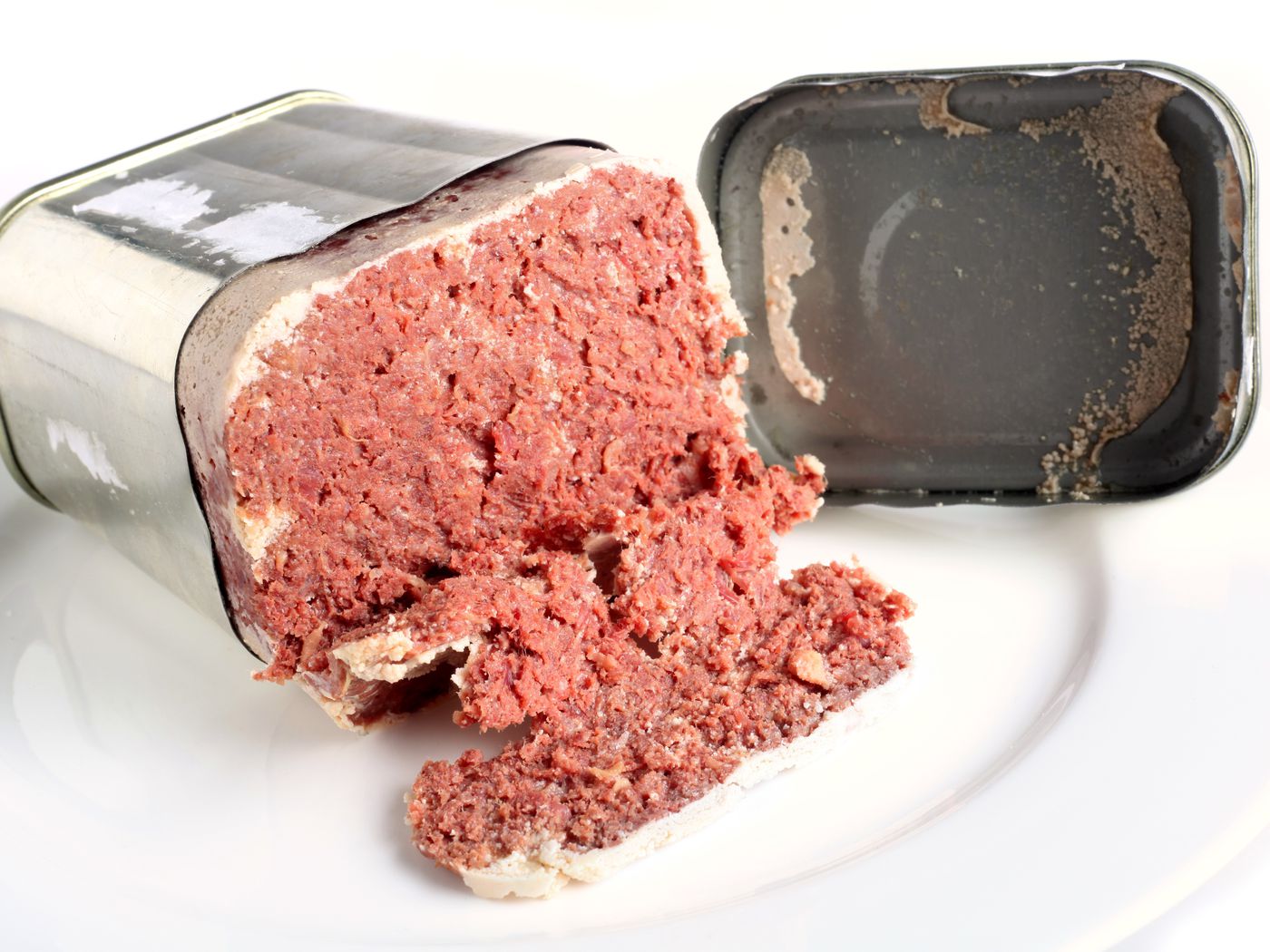

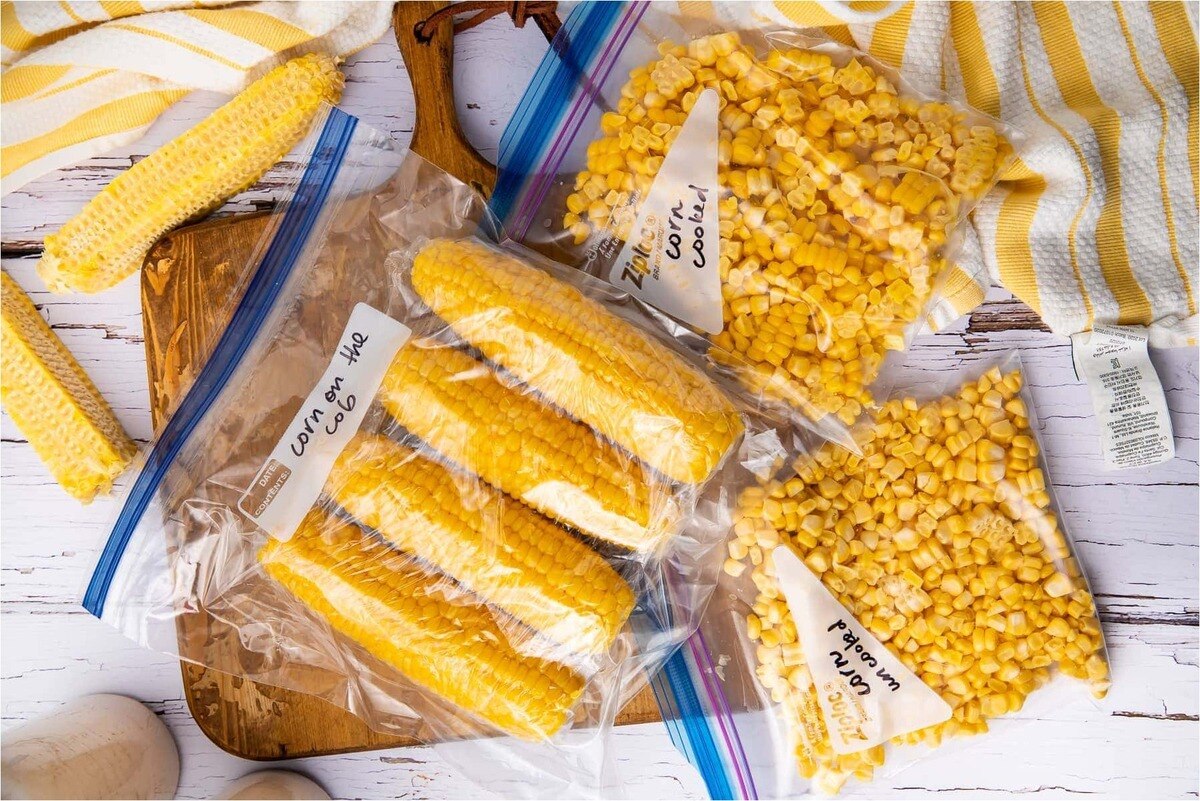
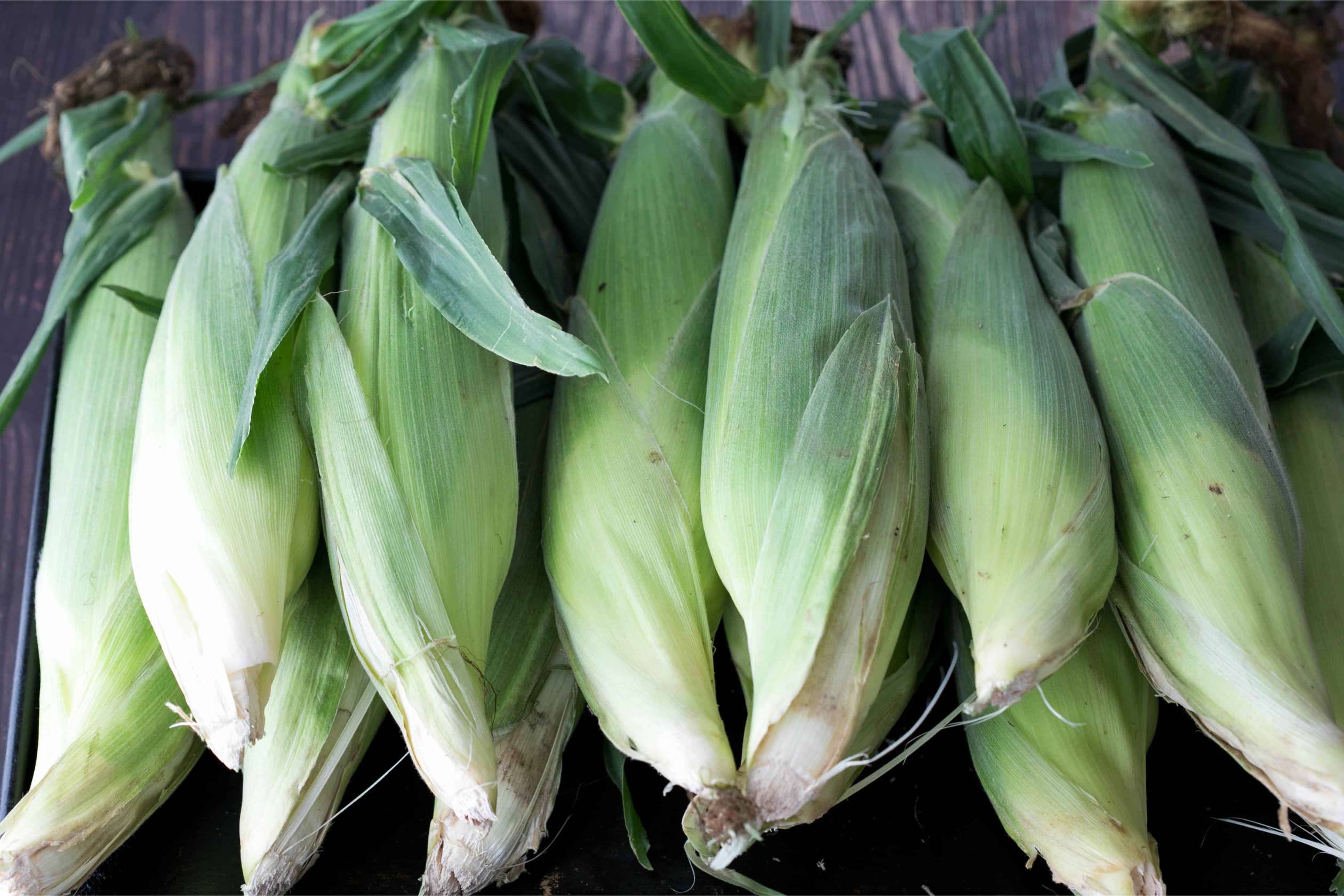

0 thoughts on “How To Store Corned Beef After Cooking”